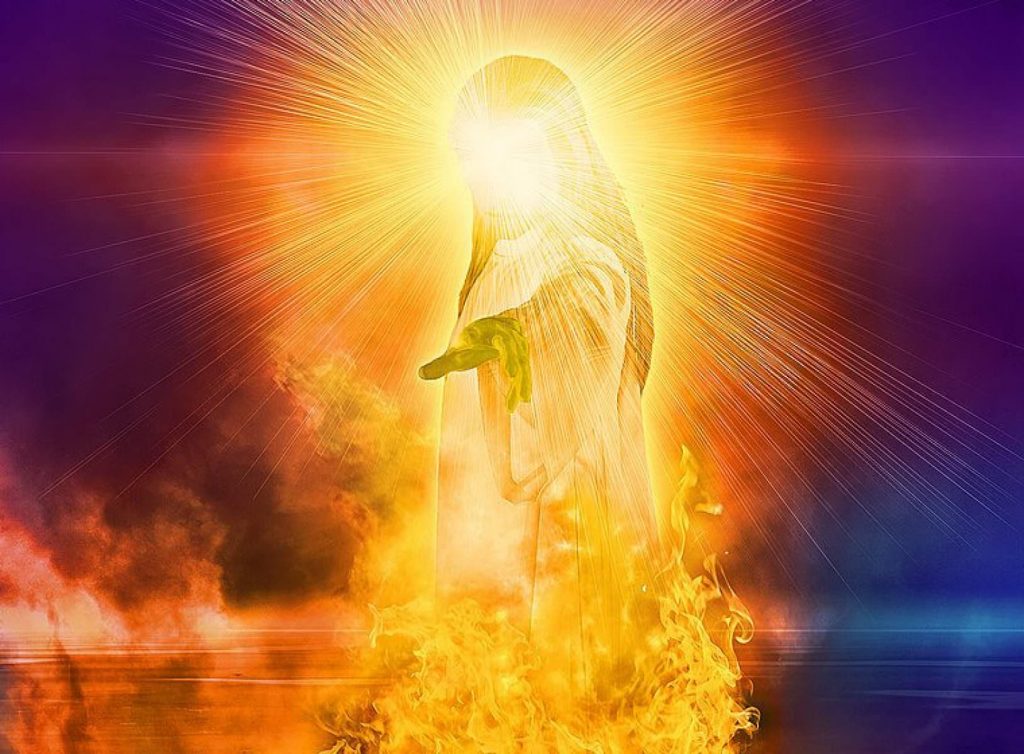On two occasions Jesus warned his followers to stay on the watch for his return because he was coming at an hour they did not think to be it. He likened his unexpected return to a thief breaking into a home, saying: “But know one thing, that if the householder had known in what watch the thief was coming, he would have kept awake and not allowed his house to be broken into.”
Significantly, the context on both occasions had to do with his coming to judge the slaves of his household. Jehovah’s Witnesses, of course, are convinced that Jesus came in 1914. And the Watchtower teaches that in 1918 Jesus cleansed the so-called spiritual temple, as foretold in the third chapter of Malachi. And it was on that occasion that Jesus is supposed to have appointed his faithful slave over all of his belongings. At least that is what the Watchtower used to teach, but evidently that is all about to change.
Jehovah’s Witnesses may not be aware of the fact, seeing that it has not yet been published in their literature, but according to the Governing Body’s statement at their Annual Meeting this past October (2012) the appointment of the slave over all of the master’s belongings has not taken place yet. It is still future.
What this means, whether the Watchtower admits it or not, is that Jesus has not yet come as a thief in the night. Of course, a few of us have known this all along. That has been the message of e-Watchman for the past decade. Unfortunately, Jehovah’s Witnesses seem unable to comprehend the profundity of this latest new understanding.
In Revelation Jesus also employed the analogy of his coming as a thief. Speaking to the Sardis congregation, the Lord stated: “These are the things that he says who has the seven spirits of God and the seven stars, ‘I know your deeds, that you have the name that you are alive, but you are dead. Become watchful, and strengthen the things remaining that were ready to die, for I have not found your deeds fully performed before my God. Therefore, continue mindful of how you have received and how you heard, and go on keeping it, and repent. Certainly unless you wake up, I shall come as a thief, and you will not know at all at what hour I shall come upon you.”
Just as in the gospel, Jesus’ coming as a thief is in connection with those who are the called ones. In the 12th chapter of Luke Jesus indicated that there would be an ignorant but otherwise faithful slave, and also an unfaithful, willfully evil slave. In harmony with that, in the third chapter of Revelation (quoted above) Jesus indicates that there are those who are within his congregation who are spiritually dead, but who imagine that they are alive. And Jesus’ coming upon them as a thief will be for the purpose of punishing them and putting them out, as will be the case with the evil slave – unless they wake up before it is too late!
In harmony with the above in the 16th chapter of Revelation Jesus stated again: “‘Look! I am coming as a thief. Happy is the one that stays awake and keeps his outer garments, that he may not walk naked and people look upon his shamefulness.’ And they gathered them together to the place that is called in Hebrew Har–Magedon.”
So, in the four places where Jesus referred to his coming as a thief, he also exhorted his followers to wake up and to stay awake.
Both the apostles, Paul and Peter, similarly spoke of Christ coming as a thief in the night. However, in the New World Translation, it refers to “the day of Jehovah.” Paul indicated that the immediate precursor to the beginning of the day of Jehovah would be whenever it is they are saying “peace and security.” And Peter revealed that the thief-like day of Jehovah would result in the heavens passing away with a loud hissing noise and the elements becoming intensely hot and dissolving – obviously, highly symbolic language describing what will surely prove to be nothing short of the meltdown of civilization.
Although the leadership of Jehovah’s Witnesses would never consent to it, is it not evident that the thief-like coming of the day of Jehovah and Jesus coming as a thief in the night is the same thing? So, one vital truth this reveals is that the parousia is to commence whenever it is that they are saying “peace and security.”
But is Christ’s coming like a thief in the night merely intended to denote that he arrives unexpectedly, as he said regarding his disciples: “at an hour you do not think to be it”? Well, what if some are not wakeful and watchful at the moment of his arrival? What they have will be taken from them, as Jesus indicated in his illustration in the 25th chapter of Matthew. In other words they will suffer loss, as if they had been robbed by a thief. But his coming as a thief has an even deeper meaning.
The expression the “day of Jehovah” appears five times in the prophetic book of Joel. The prophet describes in symbolic terms God’s people being despoiled by an unstoppable army of voracious insects and caterpillars, which God himself calls his own military force that carries out his word. It is a despoiling like that from an Almighty One.
THROUGH THE WINDOWS THEY GO IN LIKE THE THIEF
 Joel describes the despoiling of the day of Jehovah this way: “Into the city they rush. On the wall they run. On the houses they go up. Through the windows they go in like the thief. Before it the land has become agitated, the heavens have rocked. Sun and moon themselves have become dark, and the very stars have withdrawn their brightness. And Jehovah himself will certainly give forth his voice before his military force, for his camp is very numerous. For he who is carrying out his word is mighty; for the day of Jehovah is great and very fear-inspiring, and who can hold up under it?”
Joel describes the despoiling of the day of Jehovah this way: “Into the city they rush. On the wall they run. On the houses they go up. Through the windows they go in like the thief. Before it the land has become agitated, the heavens have rocked. Sun and moon themselves have become dark, and the very stars have withdrawn their brightness. And Jehovah himself will certainly give forth his voice before his military force, for his camp is very numerous. For he who is carrying out his word is mighty; for the day of Jehovah is great and very fear-inspiring, and who can hold up under it?”
The Watchtower Society has virtually no insight or understanding of the meaning of the prophecy of Joel. They continue to teach that Jehovah’s Witnesses themselves are the pestiferous locusts. Apparently, they are oblivious to the fact that God is pictured as driving the locust swarm, also called the northerner, out into the sea – in effect, destroying them.
I have demonstrated the asininity of this interpretation in detail in numerous articles and in direct correspondence with the Watchtower itself, and will not hold it up here to further ridicule, except to say that the locust onslaught could in no way represent the inoffensive ministry of Jehovah’s Witnesses, seeing that the insect invasion is part of the great and fear-inspiring day of Jehovah. Surely not even the Governing Body are so unreasonable as to insist that “the great and very fear-inspiring day of Jehovah” has already begun.
Of course, if any of Jehovah’s Witnesses were to even whisper within the congregation that Bethel’s interpretation is nonsensical and absurd and could not possibly be true, they would likely be charged with apostasy! Think of it, the Watchtower requires all of Jehovah’s Witnesses to accept what is demonstrably ridiculous or else be faced with a judicial inquiry! Surely, this sort of tyranny is a matter that Jehovah will be attending to during the fiery day to come.
But as regards the verse quoted above, note that God’s army rushes into the city and on the houses and through the windows like the thief. Not only that, in the opening words of the first chapter of Joel God issues a rousing call to his people to wake up from their drunken spiritual stupor. The connection between the locust despoiling what Jehovah claims as his very own vine and fig tree and the coming of Christ as a thief in the night is that the locust onslaught will be the manifestation of Christ’s judgment; hence, the despoiler also comes “like the thief.”
We may be certain that the 1914 delusion is the primary reason Jehovah’s Witnesses will be found in a somnolent condition at the critical moment of his coming; hence, the rousing call to “wake up, you drunkards!”




